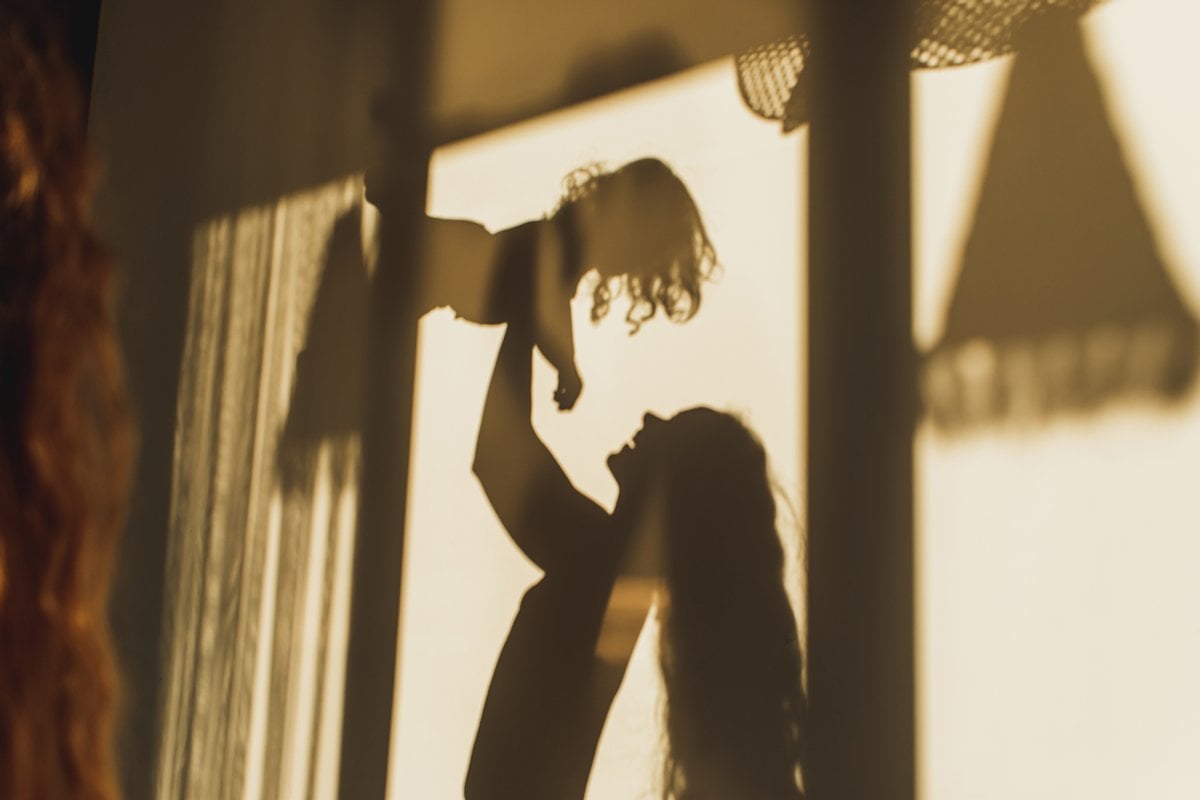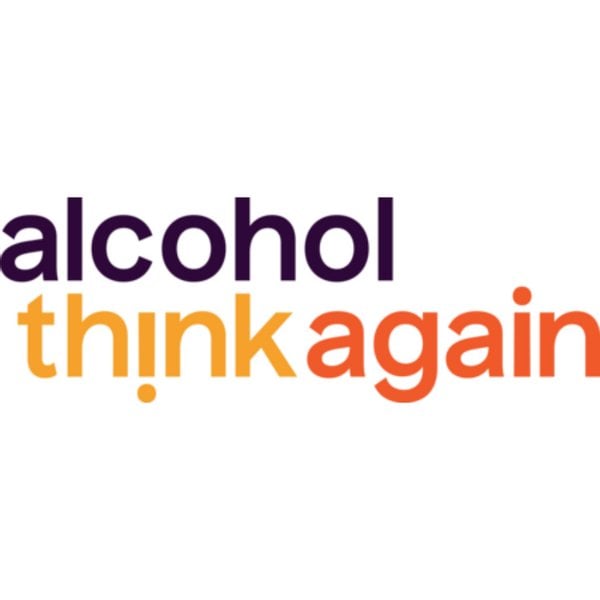

I sometimes joke that my second child was the product of a gin and tonic.
While I joke about it now, the truth is, about four weeks after that particular evening when I saw two lines appear on a pregnancy test, I was worried.
Worried about what harm I may have caused my baby by drinking alcohol before I knew I was pregnant.
Given that nearly half of all pregnancies in Australia are unplanned, I know many parents who have been in this situation, just as I was. It can be quite stressful and overwhelming when you think you may have done something that could impact on your baby's health and development.
So what impact does drinking alcohol during pregnancy have on our babies?
Based on the latest scientific evidence, health experts recommend that those who are pregnant or planning a pregnancy should not drink alcohol – and if you are breastfeeding, not drinking alcohol is the safest option for the baby.
Mamamia spoke to Dr Colleen O’Leary (Epidemiologist, and Alcohol and Pregnancy Researcher) to find out five important things about alcohol and pregnancy.
It’s safest to stop drinking when you start trying to fall pregnant.
Let’s start with the situation that many parents, including myself, have found themselves in.
Most people don’t find out they are pregnant until a couple of weeks along in their pregnancy – and without the knowledge of their pregnancy yet, may continue to drink alcohol up until this time.
The latest evidence tells us there isn't a "safe amount or time to drink alcohol during pregnancy", so it’s safest to stop drinking when you start trying to fall pregnant.

